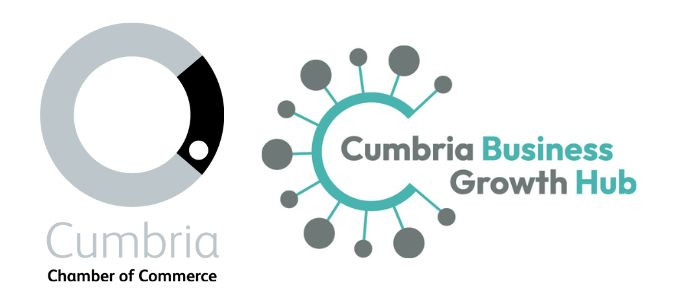I broke all the rules when I started Atom Content Marketing back in 1991 (originally Business Hotline Publications): I had no publishing expertise, no contacts in the sector, no head start of any kind. All I had to go on was what I perceived to be a gap in the market and some macro trends: information going electronic, the need for the public sector to outsource, and the growing trend of government investment in business support organisations and SME support.
Those trends, my personal savings and a lack of dependents (at the time) gave me the confidence to start my business. If it failed, I knew I could always get another job and I would have learnt masses.
The first thing that boosted my confidence was a couple of dinners I hosted with my long-term collaborator, Chris Walker, to test my business plan. We gathered a couple of groups of the best publishers, venture capitalists, consultants, accountants, commercial lawyers, and business people and asked them to find holes in our business plan. The evenings were very informal, we chatted for hours over home-cooked food and several bottles of wine.
We were looking for honest feedback and when we came away from those dinners, no one had come up with anything bad to say. In theory, it all stacked up - provided we could get past the no-sales, start-up stage and reach break-even, which I knew all about having previously worked at 3i.
The next thing that boosted my confidence in the business was all the compliments we received about the quality of our work (Chris’ work, obviously), and the quiet confidence and support provided by my father and friends. The Director’s Briefing series (now known as essential guides) had lots of crucial input from my friends, which allowed me to then approach ‘proper’ experts with a good draft for them to polish. So, we achieved a critical mass of excellent content quickly and inexpensively.
My confidence was also boosted by seeing how mediocre our competition was. The only sizeable business advice publisher at the time was the Department for Trade and Industry, which had a warehouse stuffed to the roof with tedious publications that no one wanted to read. There was one other small publisher, but we were confident that our content was far superior to theirs.
Of course, that’s not to say there weren’t things that knocked my confidence. The sheer difficulty of getting traction was exhausting and really demoralising at times. No one would deal with me in year one (“Never heard of you”). Corporations would not talk to me. The public sector had to pretend to be interested (to cover themselves) but had no intention of doing anything with a new outfit/person like me. On one occasion, I had finally secured a meeting and I travelled up to the Department of Employment in Sheffield only to be told that the person was in London that day! No apology, not even a cup of tea. And trains cost money!
Getting a nice monthly pay cheque in my last "proper job" had been so easy in comparison. Much easier careers beckoned. My peer group stuck to their careers, and they were on the way up. Was I being a complete idiot?
Once the company was a bit more established, we had a few disputes that were classic stressors. Plagiarism - which resulted in us taking legal action, non-payment, the stress of having to end employment contracts where relations had broken down and the unavoidable redundancies following the financial crash.
All these things could have gone horribly wrong and damaged our confidence. The key reason they didn’t was the support and good humour in the face of tough times that I had around me. The team, who are SO GREAT, always have my back and each other’s back. As Ricky Gervais says, "If you can laugh in the face of adversity, you're bullet-proof", and we have usually managed to have a laugh, no matter what the situation.
Looking back to my 3i days, I met some incredibly hopeless start-ups. People who were deluded. Daft inventors. Clueless people who thought the banks would happily lend unsecured money just because it was a “business”. People who assumed, without any market research to back it up, that customers would be lining up to buy their new thingy. None of these people had any right to be confident in their business idea.
I suppose the acid test comes when you have to start selling. Can you? Can you persuade someone to part with their cash? That is a high bar when you are starting out. It’s very different when you’re selling as a BT, a Morgan Stanley, or Oracle. Any Tom, Dick or Harry can sell an established brand/product like that. I would love to put some of the sniffy people I have dealt with over the years in these big corporates and public sector bodies into a start up and say "Now, sell this!".
Copyright 2024. Article written by Rory MccGwire, Atom Content Marketing.
